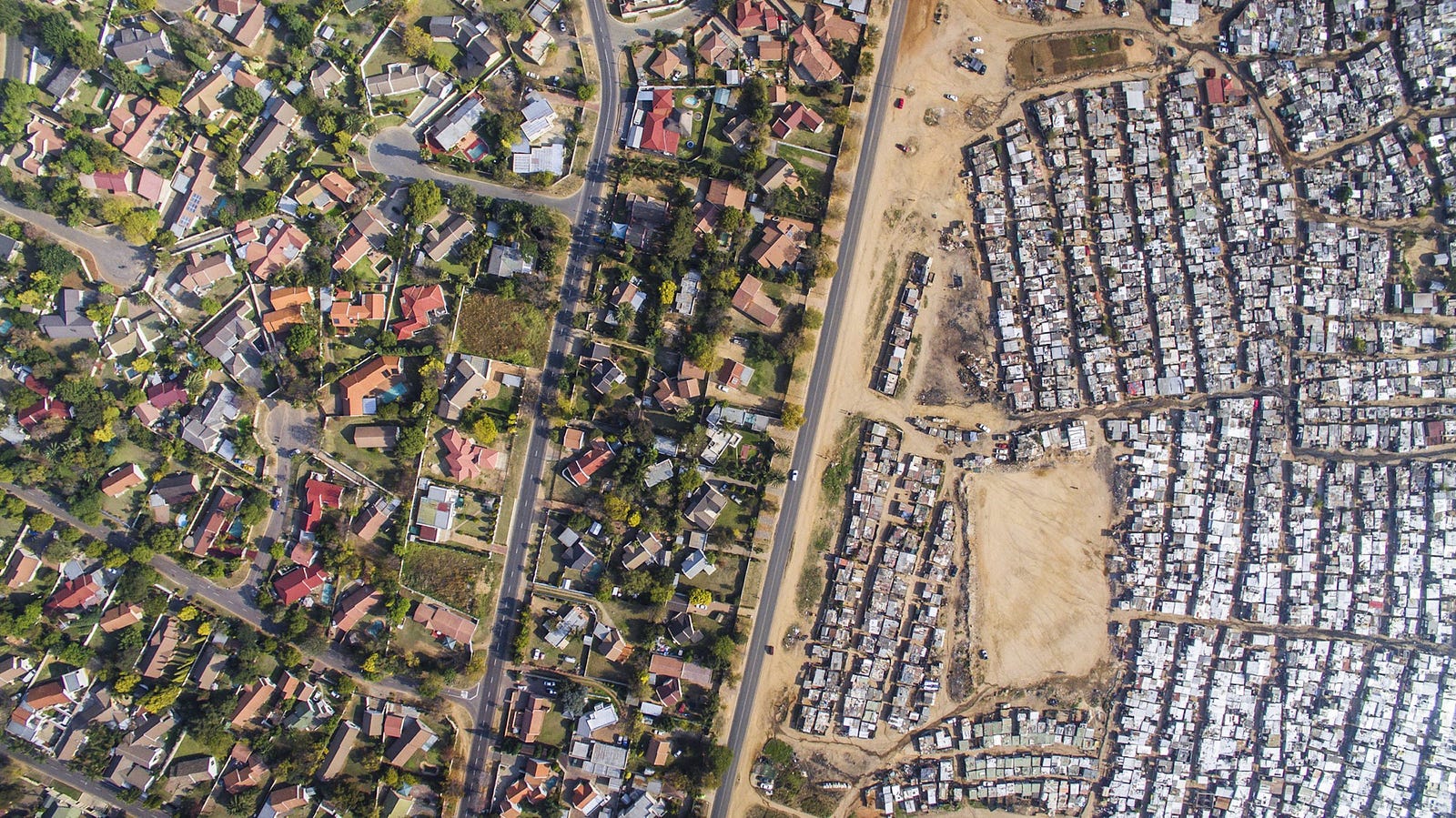We could improve the economic performance and quality of life for everyone within our communities if we started to integrate informal settlements and low income housing and services into the design of our cities, if we stopped choosing to develop our cities without designing for all economic classes, such wasted assets....
See the wasted assets of our current city developments here

See the wasted assets of our current city developments here




